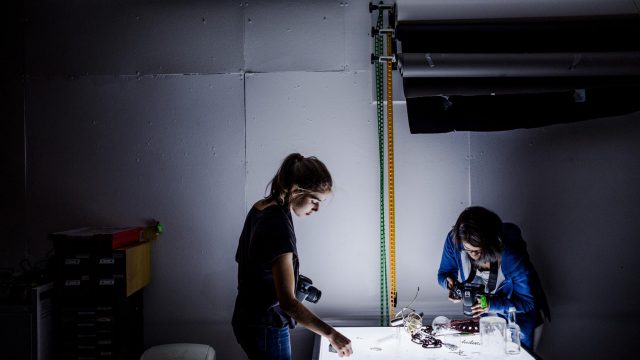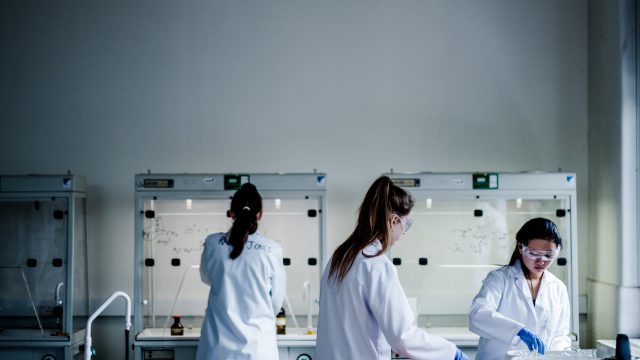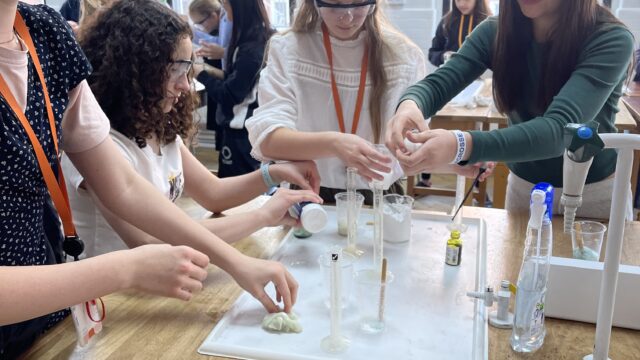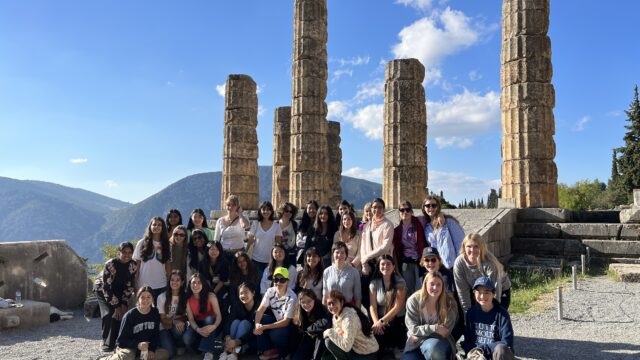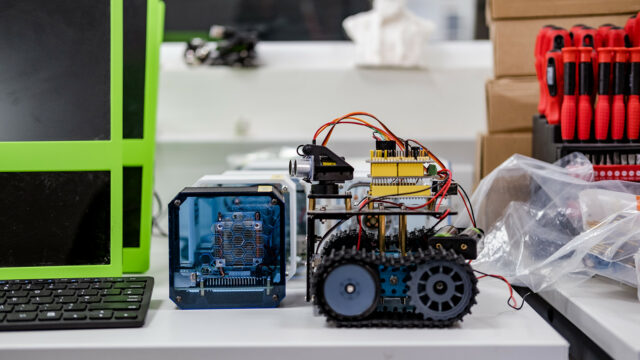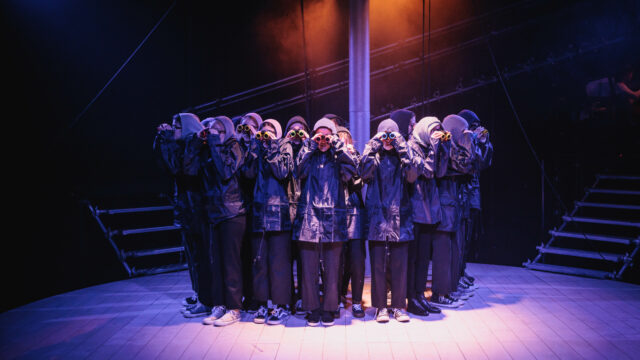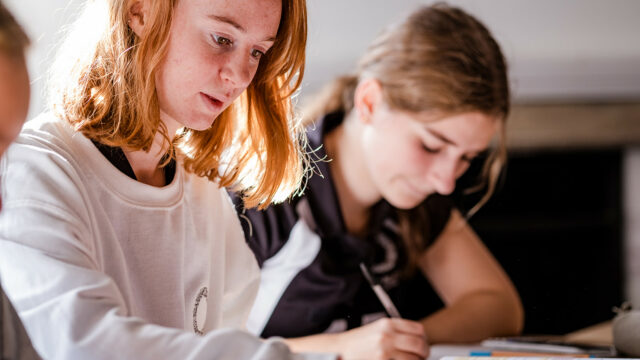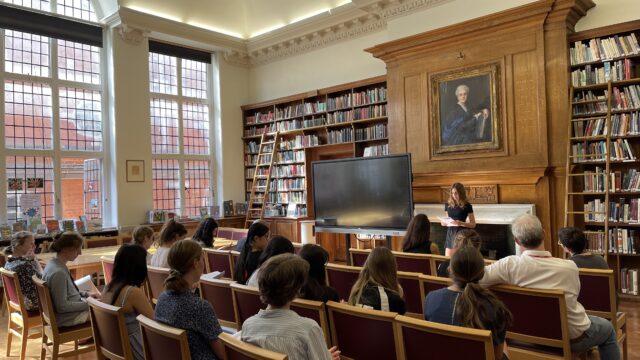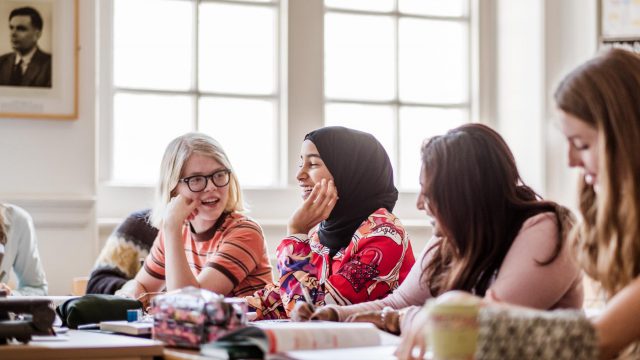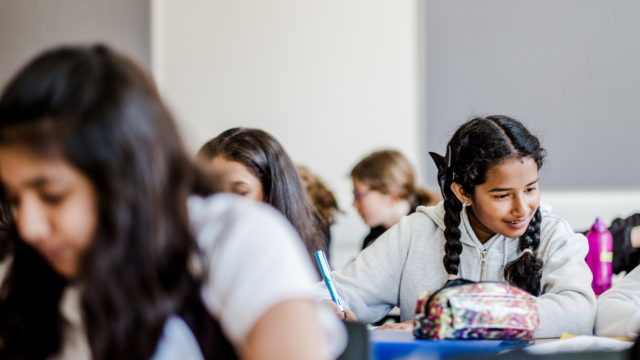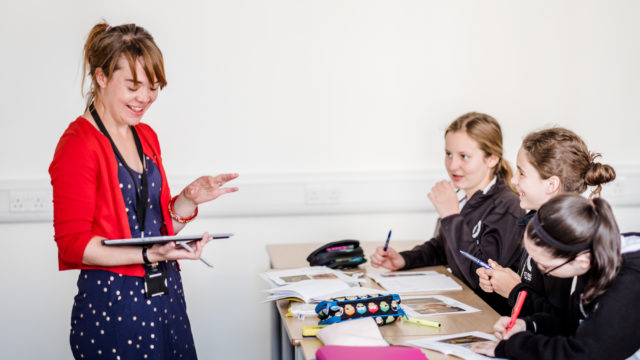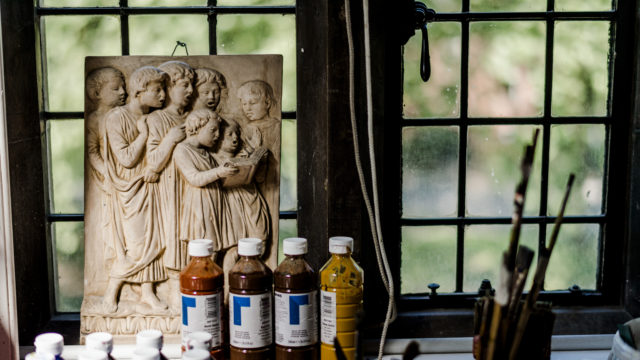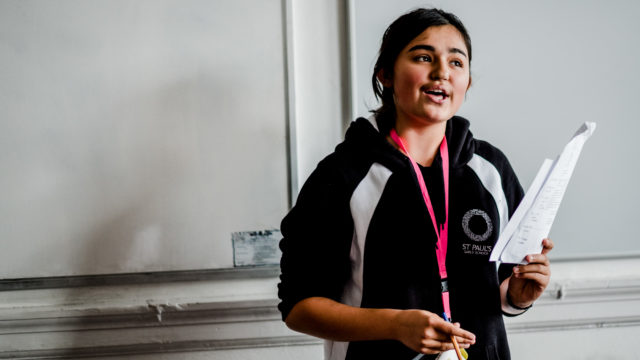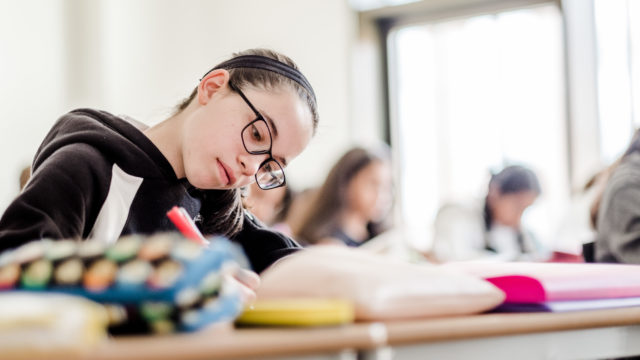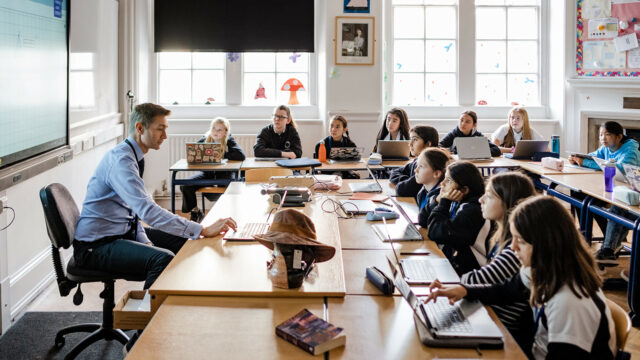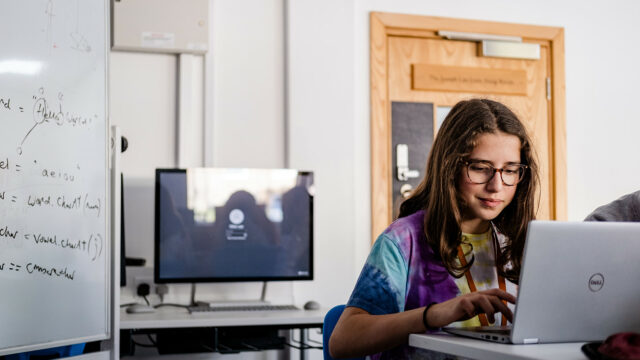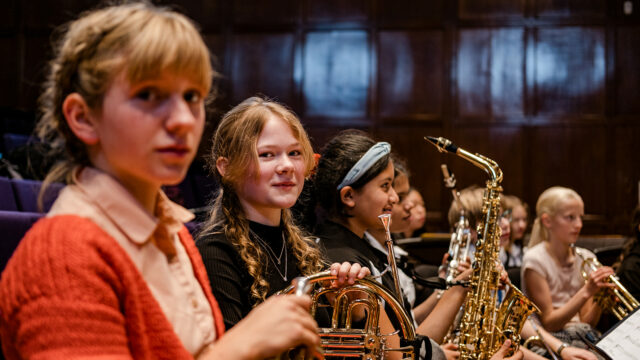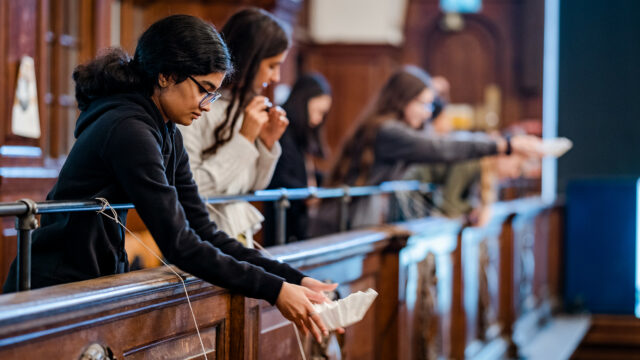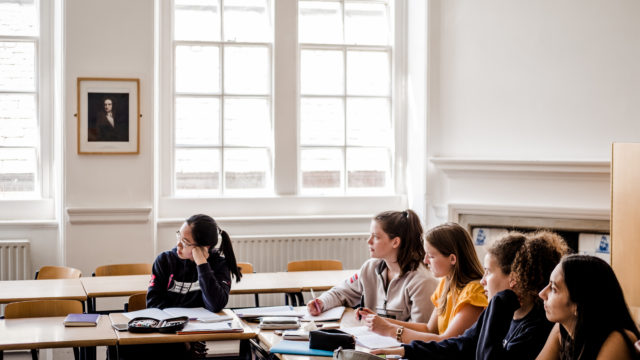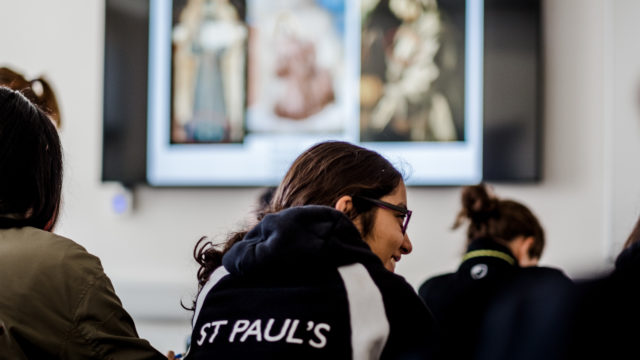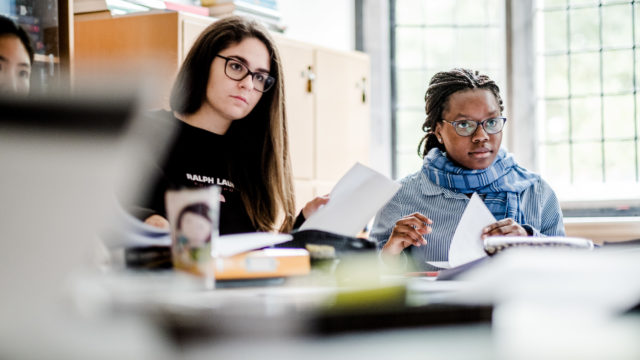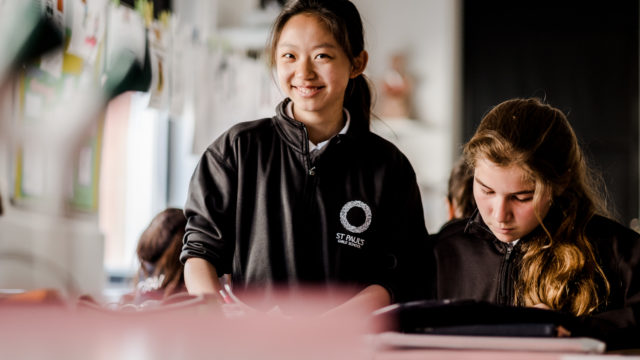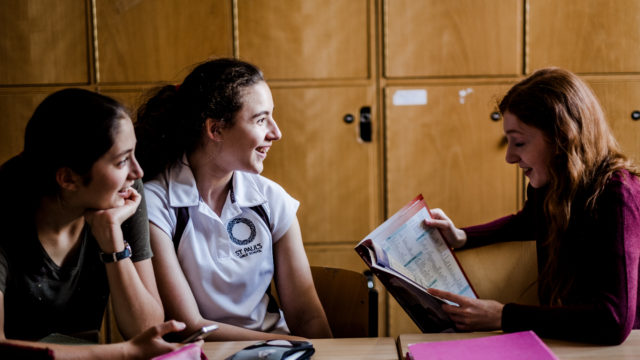Departments
Academic life at St Paul’s is uniquely stimulating and the key reason why most families choose the school. Learning here is not just about passing exams, but about a shared love of intellectual adventure. All subjects follow an exciting and dynamic curriculum that encourages innovation, entrepreneurship and collaboration. Cross-curricular learning aims to foster creative thinking, while an emphasis on technology interweaves throughout the curriculum, giving students the skills and experience to thrive in an increasingly digital world.
Curiosity lies at the heart of our teaching. Students are encouraged to ask questions, express their ideas and explore far beyond the curriculum to discover their own interests, aided by teachers who are experts in their fields. At all stages, small class sizes and a supportive atmosphere aim to empower students with the confidence to embrace intellectual risk.
Pupils are highly motivated, often reading around the topics and adding notes and annotated diagrams to their work to deepen their learning. ISI Inspection Report 2024
In the first three years students are introduced to a broad range of subjects including English, computer science and creative technology, mathematics, history, geography, Latin, religion and philosophy, art and design, drama, music and sciences. They also follow a ‘Discovering Languages’ program, giving them the opportunity to explore linguistics and taster courses in German, Mandarin and Russian, before selecting two languages from a choice of six on which to focus. The aim is to give students a solid grounding of knowledge across the curriculum on which to build.
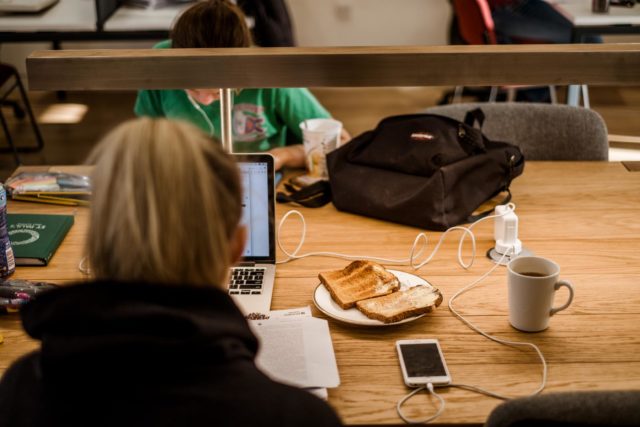
As students move through the school, they are increasingly able to specialise in the areas that interest them most. In the V and VI (Years 10 and 11) students study seven subjects in the core curriculum: English language, English literature, mathematics, biology, chemistry, physics and a modern foreign language. In addition, they choose four additional subjects from a list of 18 options, providing significant breadth in curriculum choice. Subjects are then studied to GCSE or IGCSE level. In art, drama, history of art and music, students instead follow school-directed courses, which allow for more in-depth study and a more diverse, engaging curriculum. Non-examined general studies courses encourage students to develop their academic interests away from the constraints of defined specifications, prompting cross-curricular connections and broader, more wide-ranging discussion that prepares them well for A level studies.
Departments
